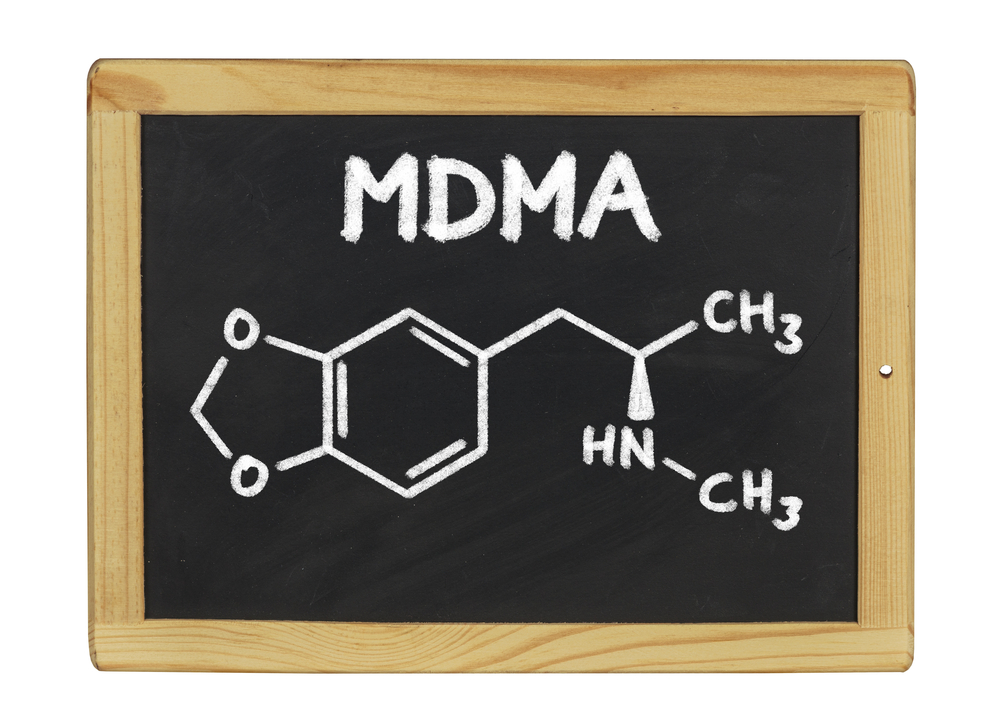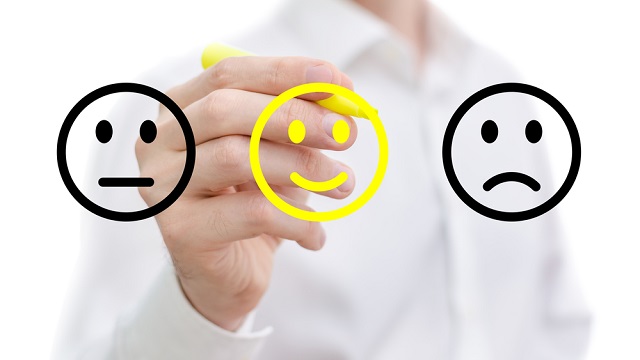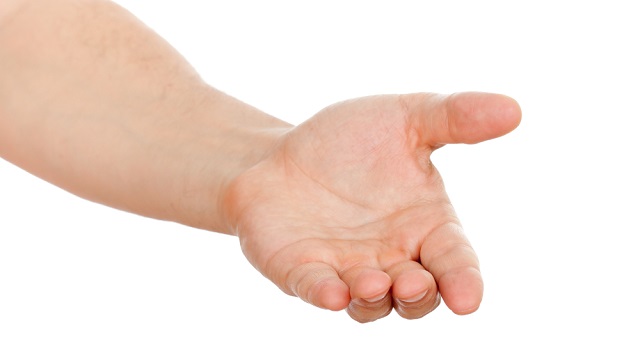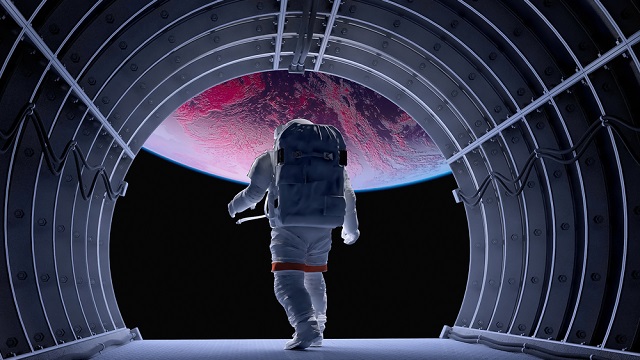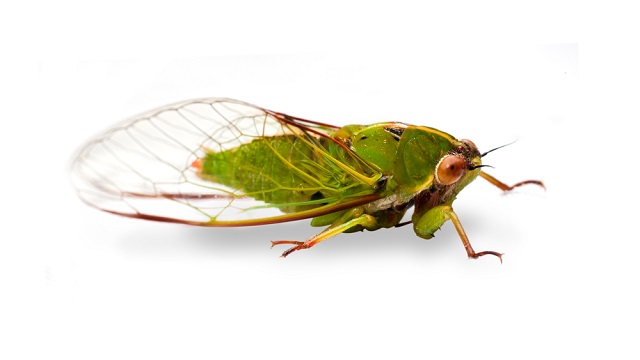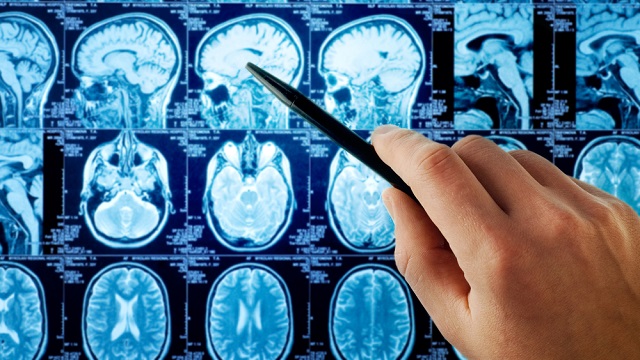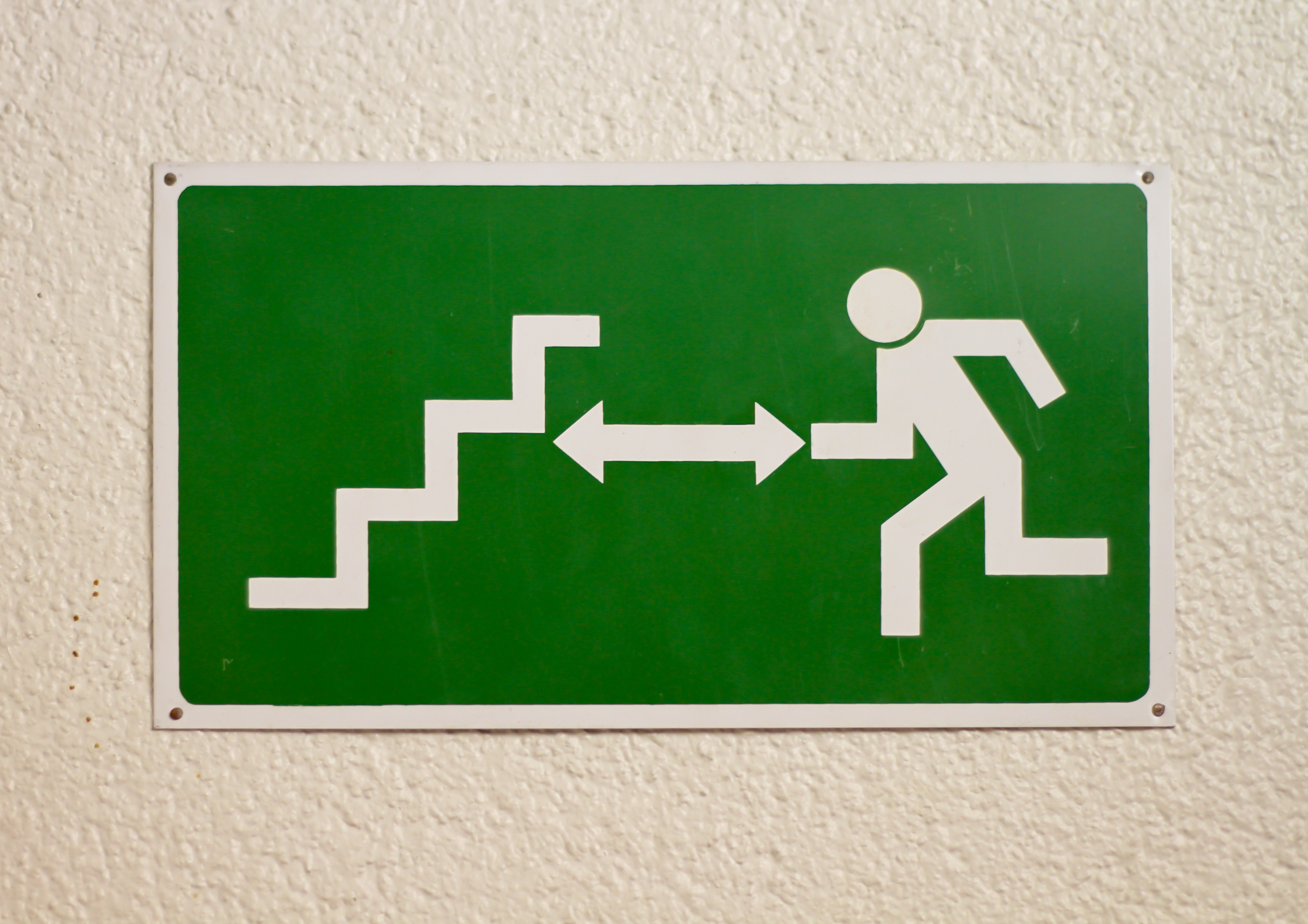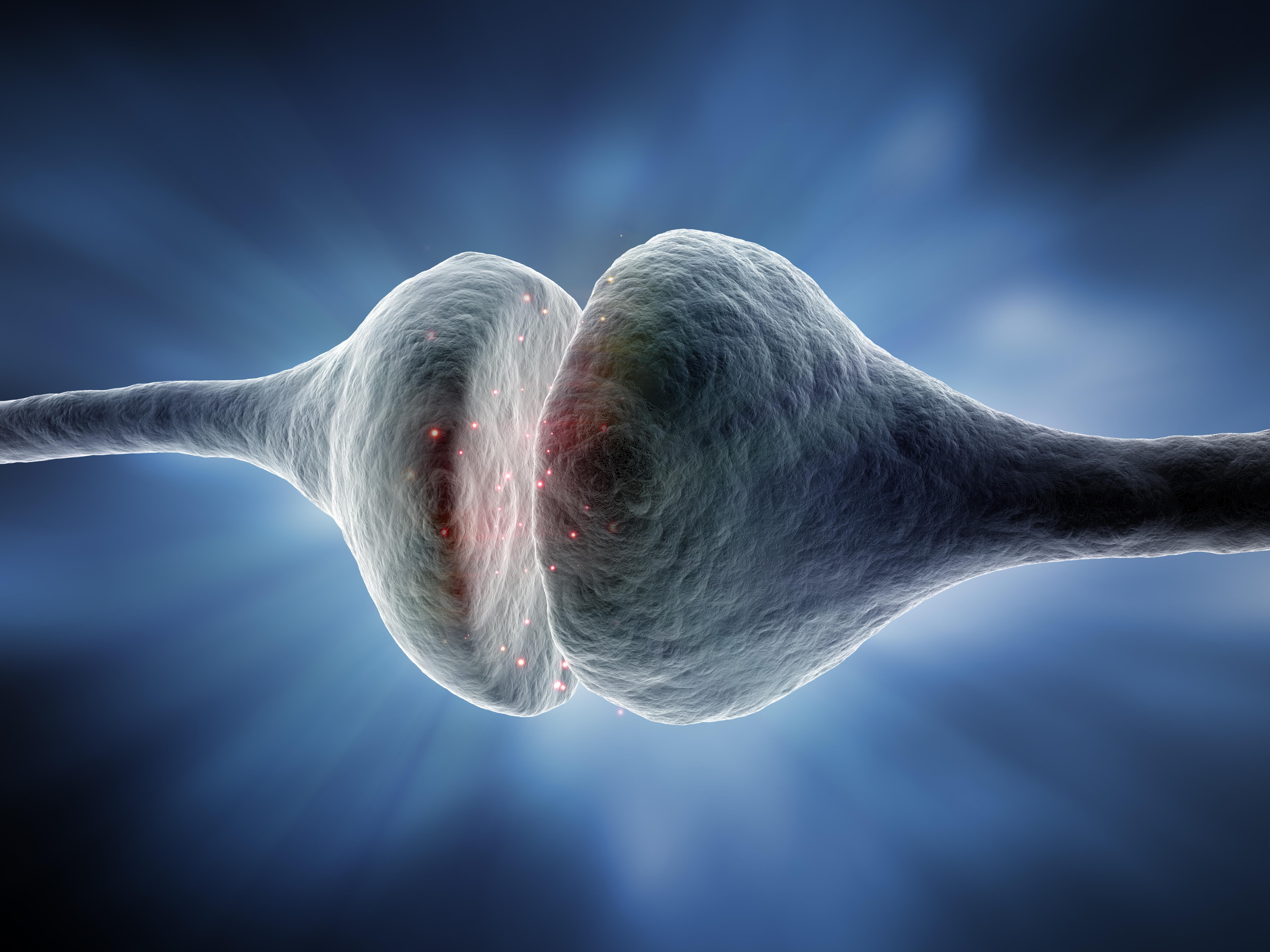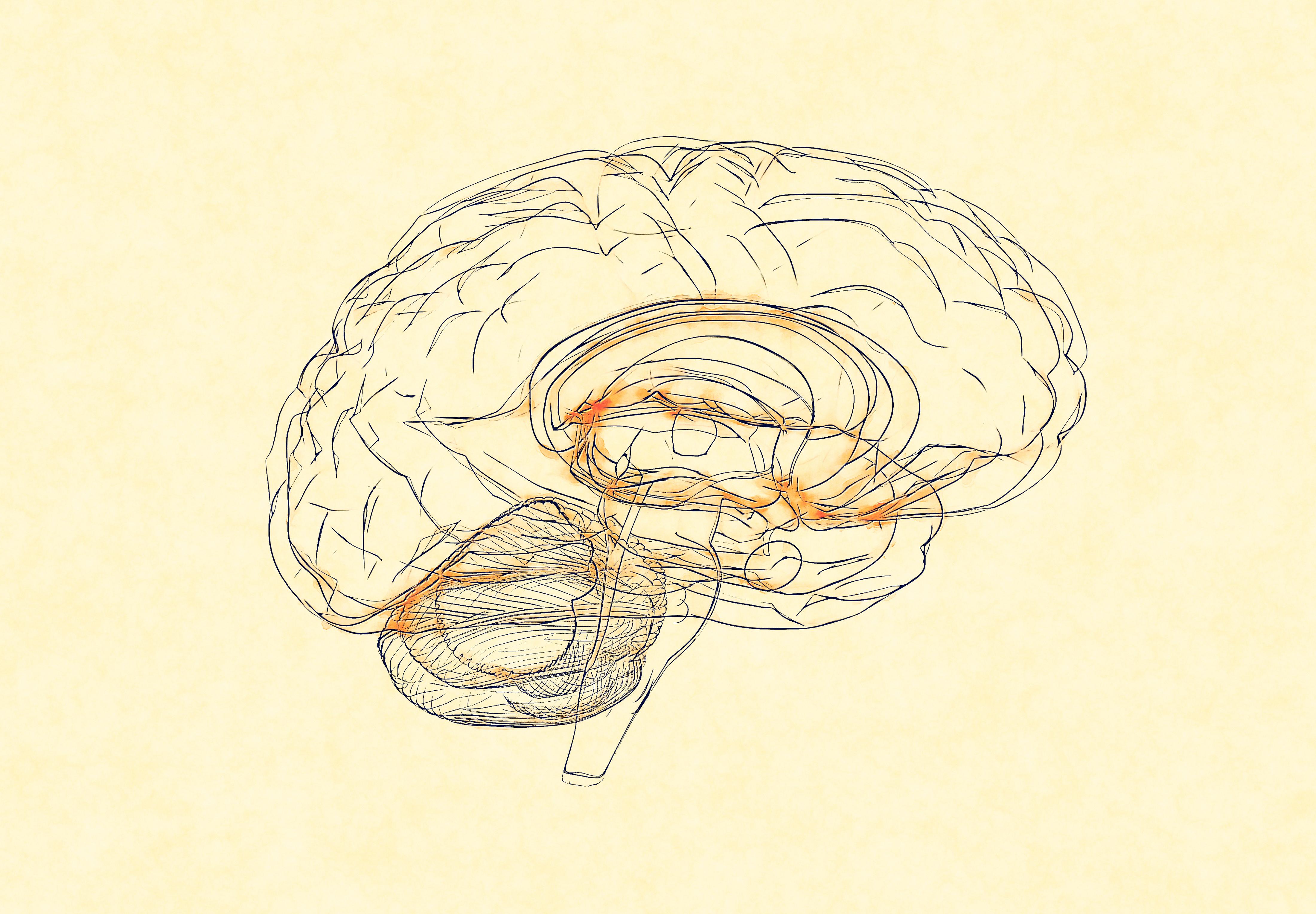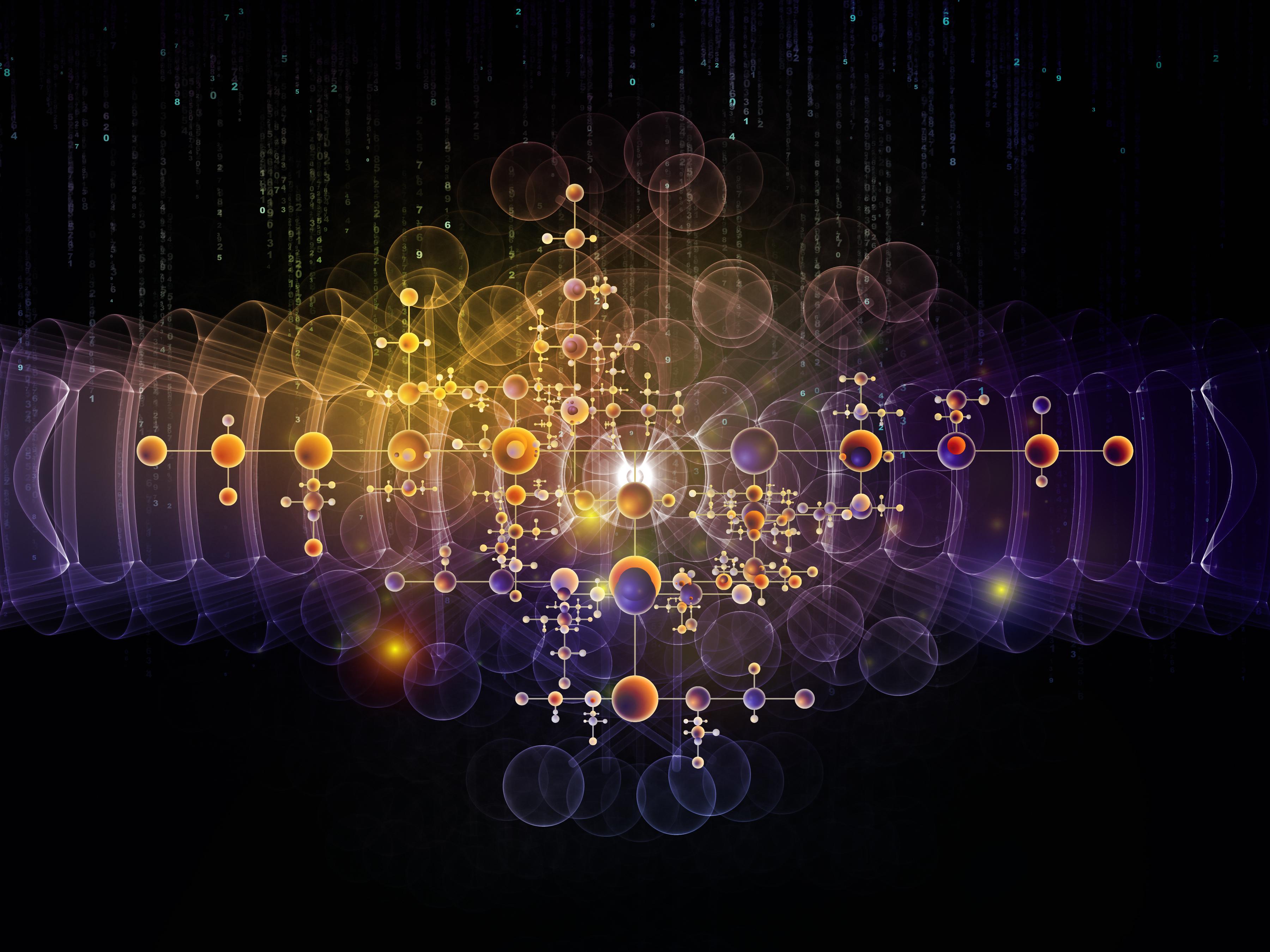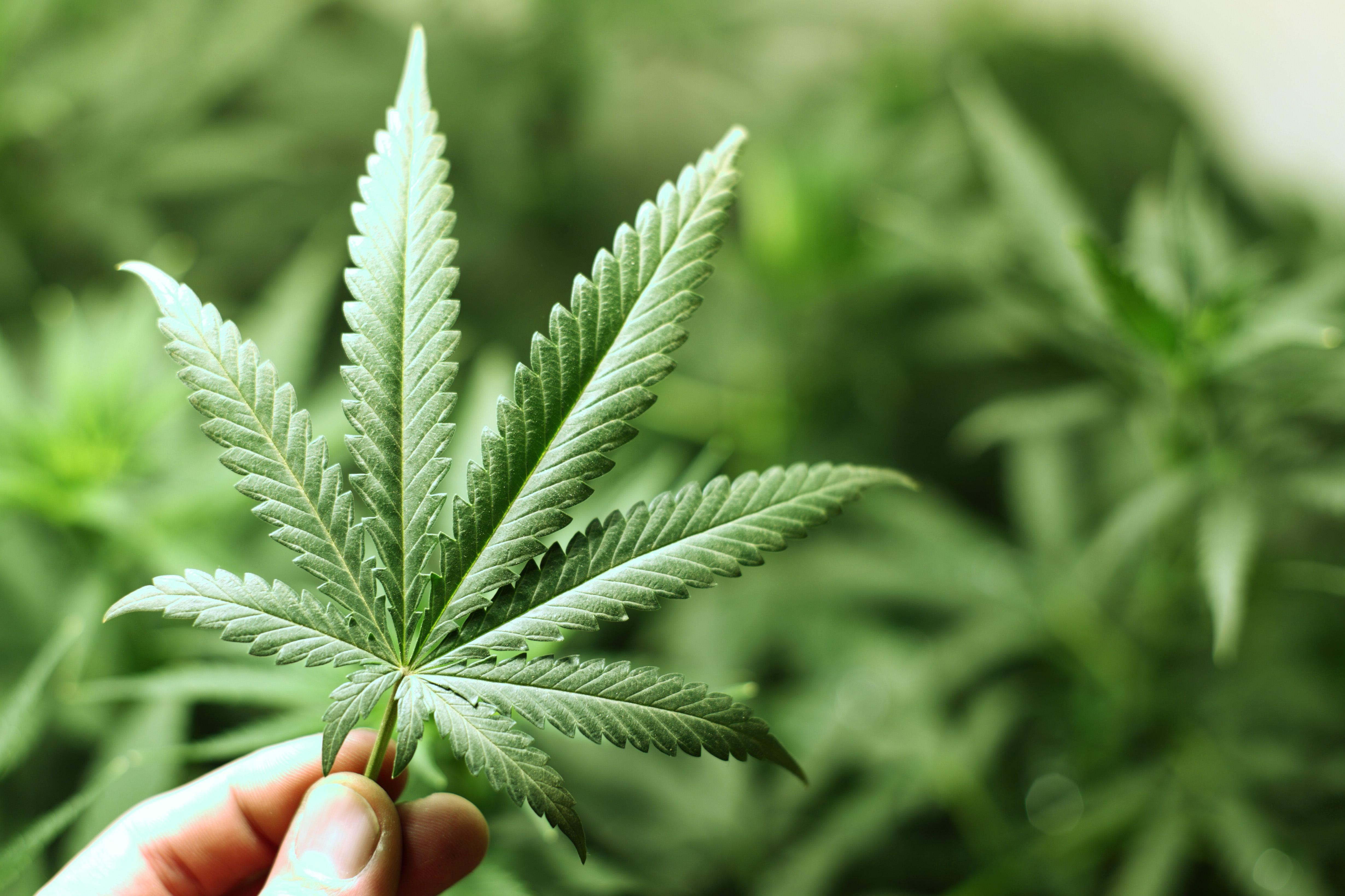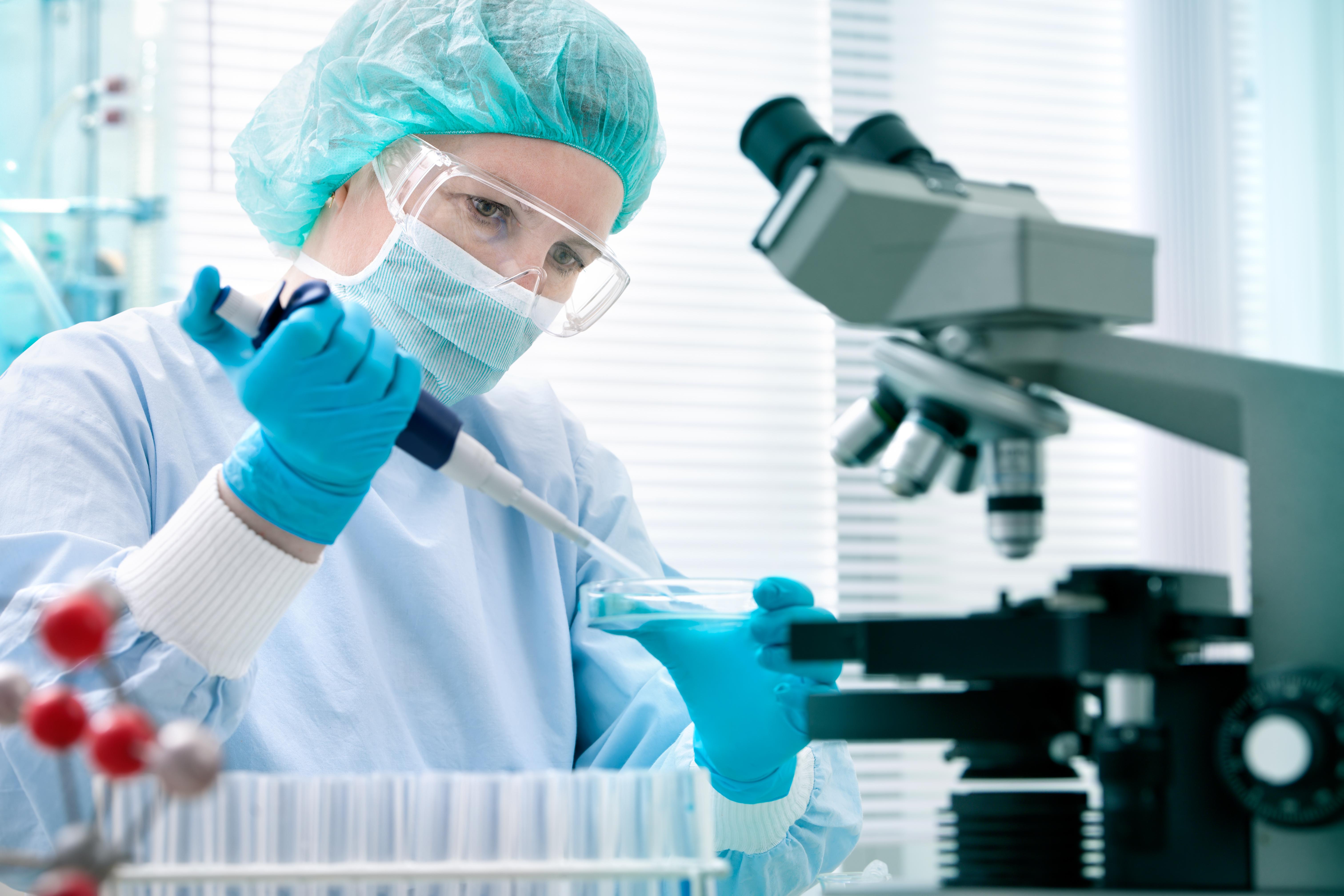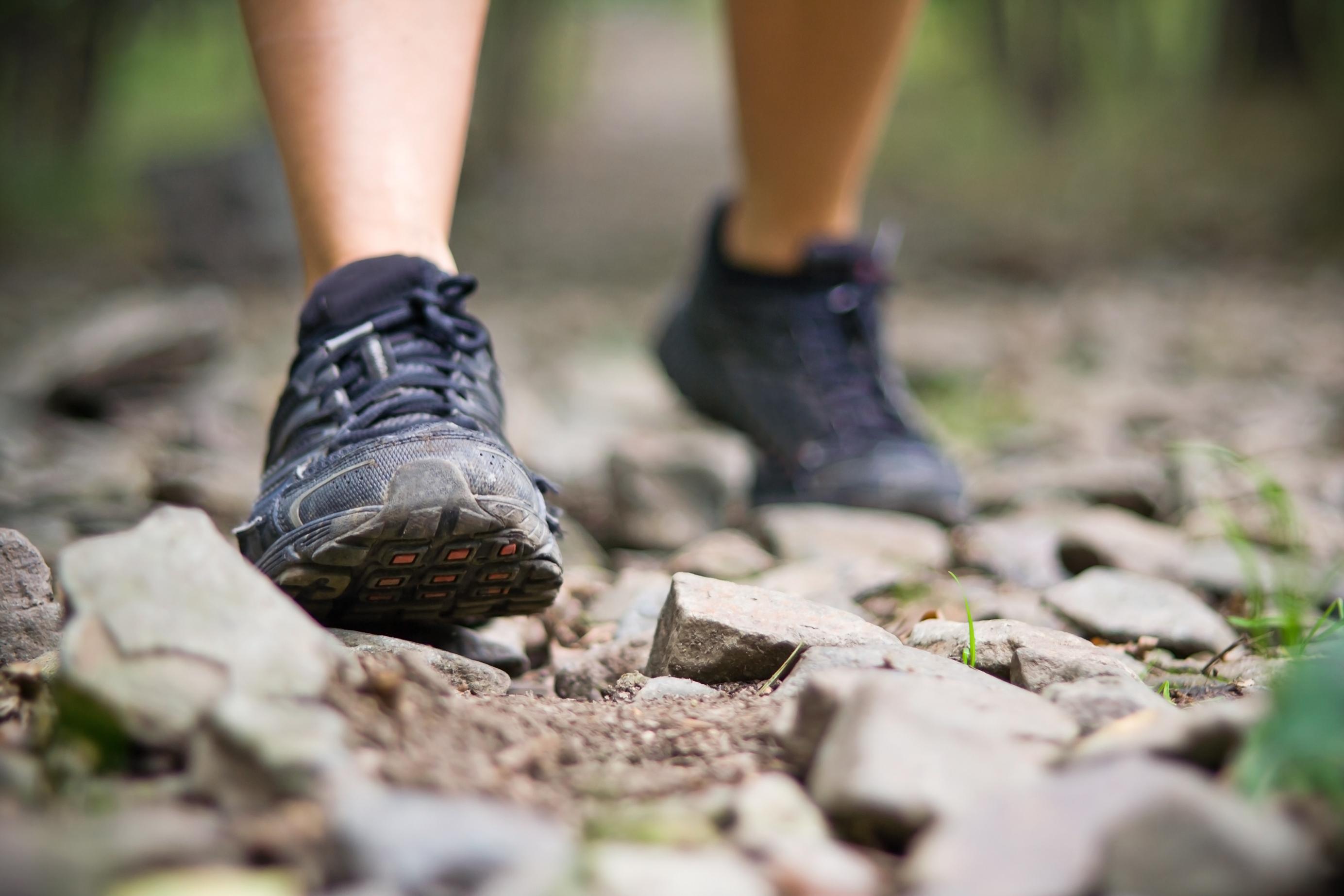Surprising Science
All Stories
Medical professionals have begun investigating the effects of MDMA, better known as the party drug called ecstasy, on soldiers looking to treat symptoms of post-traumatic stress disorder.
Developers at Samsung are trying to one-up Google Glass, the technology that delivers the Internet via a pair of eyeglasses, by creating contact lenses capable of displaying the same electronic information.
In an experiment using MRI machines, researchers have found that breastfeeding improves brain development in infants when compared with breastfeeding mixed with formula and formula alone.
People who drink one to three cups of coffee per day have a lower risk of contracting certain diseases, including dementia, and are more likely to live longer than those who abstain from coffee.
“[I]nside the 1.3 billion tons of food wasted every year worldwide is 45 trillion gallons of water. This represents a staggering 24 percent of all water used for agriculture.”
Social scientists and health officials are concerned that their dropping survey response rates are negatively impacting research and services. Ironically, they place the blame on the proliferation of marketing surveys.
A USDA scientist accepted a challenge to extend the life of strawberries in the fridge by 50 percent. His solution: LEDs that emitted dim ultraviolet light.
WiSee uses an existing wi-fi connection to enable people to control electronic devices like TVs or stereos with gestures…and they don’t even have to be in the same room.
Look out, Tony Stark: Two Baltimore-based companies have teamed up to develop a suit that will allow the truly adventurous to dive to Earth from as high as 100 kilometers up.
New research suggests that the “green” part of “greenhouse effect” is really working. While having more plants may sound good, it’s still not clear how or whether desert areas will be affected.
Writer Kyle Hill does his civic duty by providing some perspective, along with a link to the document containing the exact amounts of insects (and insect parts) the FDA considers acceptable for consumption.
University of Florida researchers have developed a six-inch-long, lightweight vehicle that can fly over, under, and through a hurricane while sending information in real time.
Imaging technology has advanced to the point where a brain scan can detect a lie with up to 90 percent accuracy. That’s not good enough for the courtroom…yet.
As skill sets become increasingly more complex in the modern workplace, employers are working harder to guarantee the health of their employees further into the future to save on training costs.
Through experiments, scientists are coming to a more complex understanding of how oxytocin, a brain chemical commonly referred to as the love hormone, works in long term relationships as well as initial attractions.
Scientists at Carnegie Mellon University have discovered a surprising new phase in the learning process in which synapses shrink which explains why cramming for exams yields few long term benefits.
With rare exception, neuroscientists cannot yet translate aberrant brain functions into the legal requirements for criminal responsibility—intent, rational capacity and self-control.
“It is time” physicist Neil Turok has said, “to connect our science to our humanity, and in doing so to raise the sights of both”. This sounds like a job for a philosophy not yet dead.
Proponents of marijuana use have enjoyed a string of successes lately as both Washington and Colorado voted to legalize the use recreational use of the drug in the November 2012 election.
Regenerative medicine, which seeks to regrow lost or damaged human body parts ranging from patches of skin to entire limbs, may prove especially promising given recent advances in genetic therapy.
Health experts have long observed the link between work-related stress and conditions such as heart disease, but eliminating the pressure that comes with professional life is largely unrealistic for many.
When today’s military technologists confront the problem of machine versus human performance, it is typically human performance that must be improved upon to meet the needs of machines.
Whether you run or walk, experts say any kind of physical physical exercise is better than none. But new health studies have better defined the benefits of running versus walking.
Proposed at this week’s D11 conference: A chip in the form of a daily pill that, when swallowed, turns a person’s body into an authentication token. Also offered: An electronic tattoo worn for a week at a time.
By altering genes that influence mosquitoes’ response to odors, researchers at the Howard Hughes Medical Institute have created an insect that won’t necessarily choose a human to sting first.
By using infrared beams of warmth to target people as they walk through an open space, MIT scientists are challenging conventional thinking about indoor climate control.
Asteroid mining company Planetary Resources has announced a Kickstarter campaign designed to help fund the building and launch of a telescope that the public could use to observe objects in space.
New research reveals that the salmon can pass modified genes to its hybrid offspring. That offspring happened to grow faster than both its purebred cousins, but the company behind the GM creation says the ecological risk is low.
A Swedish architecture firm proposes covering a landmark Stockholm building with plastic “hairs” that would convert the wind they capture to electricity.
While Europe is known to have nearly as much exploitable natural gas as the United States, its countries are far behind the curve set by American companies for fear of environmental pollution.
